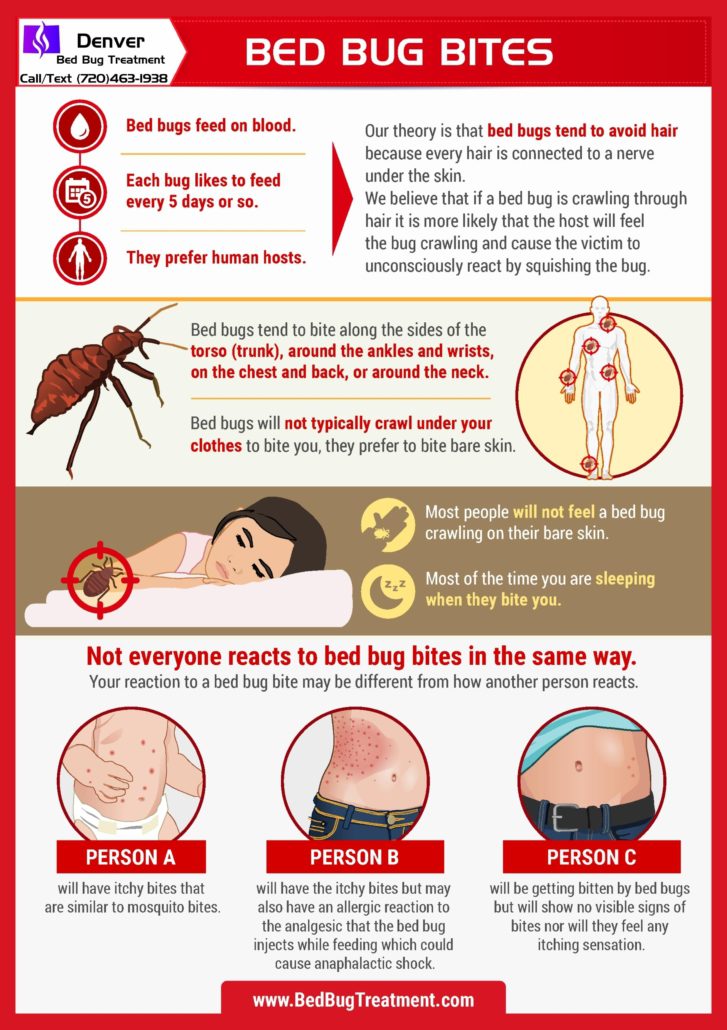Bed Bug Bites
The first sign of a bed bug infestation.
Welcome to our webpage about bed bug bites! If you’re here, chances are you or someone you know has been experiencing mysterious bites and you suspect they might be caused by bed bugs. You’re in the right place! In this page, we’ll talk about everything you need to know about bed bug bites, from how they happen to how to identify them.
What are bed bugs?
Bed bugs are small, reddish-brown insects that feed on the blood of animals and humans. They are often found in places where people sleep or rest, such as beds, couches, and chairs. Bed bugs are notoriously difficult to get rid of and can quickly infest an entire home.
How do bed bug bites happen?
Bed bugs are nocturnal and feed on human blood while their victims are asleep or sedentary. When they bite, they inject a small amount of saliva into the skin, which contains an anesthetic that prevents the person from feeling the bite. This anesthetic also acts as an anticoagulant, preventing the blood from clotting and making it easier for the bed bug to feed. After feeding, bed bugs will retreat to their hiding spots, where they will mate and lay eggs.
How can I identify bed bug bites?
Bed bug bites can be difficult to distinguish from other insect bites like mosquito or flea bites. They often appear in a cluster or line on exposed skin and are usually very itchy. However, some people may not react to bed bug bites at all, making it even harder to identify them. In some cases, the bites may continue to bleed after the bed bug has finished feeding, leaving small stains on clothing or bedding.
It’s important to note that bites alone are not conclusive proof of a bed bug infestation. If you suspect you have bed bugs, it’s important to inspect your home for other signs of an infestation, such as live bugs, shed skins, or fecal spots on bedding or furniture.
What should I do if I have bed bug bites?
If you suspect you have bed bug bites, it’s important to resist the urge to scratch them. Scratching can lead to secondary infections and make the itching worse. Instead, try applying a cold compress or a topical anti-itch cream to the affected area.
If you suspect you have a bed bug infestation, it’s important to contact a pest control professional as soon as possible. Bed bugs are notoriously difficult to get rid of and can quickly infest an entire home. A pest control professional can help you identify the source of the infestation and come up with a treatment plan to eliminate the bed bugs for good.
In conclusion, bed bug bites can be a frustrating and uncomfortable experience. If you suspect you have bed bugs, it’s important to act quickly and contact a pest control professional. By taking action early, you can prevent the infestation from spreading and get back to a good night’s sleep.

